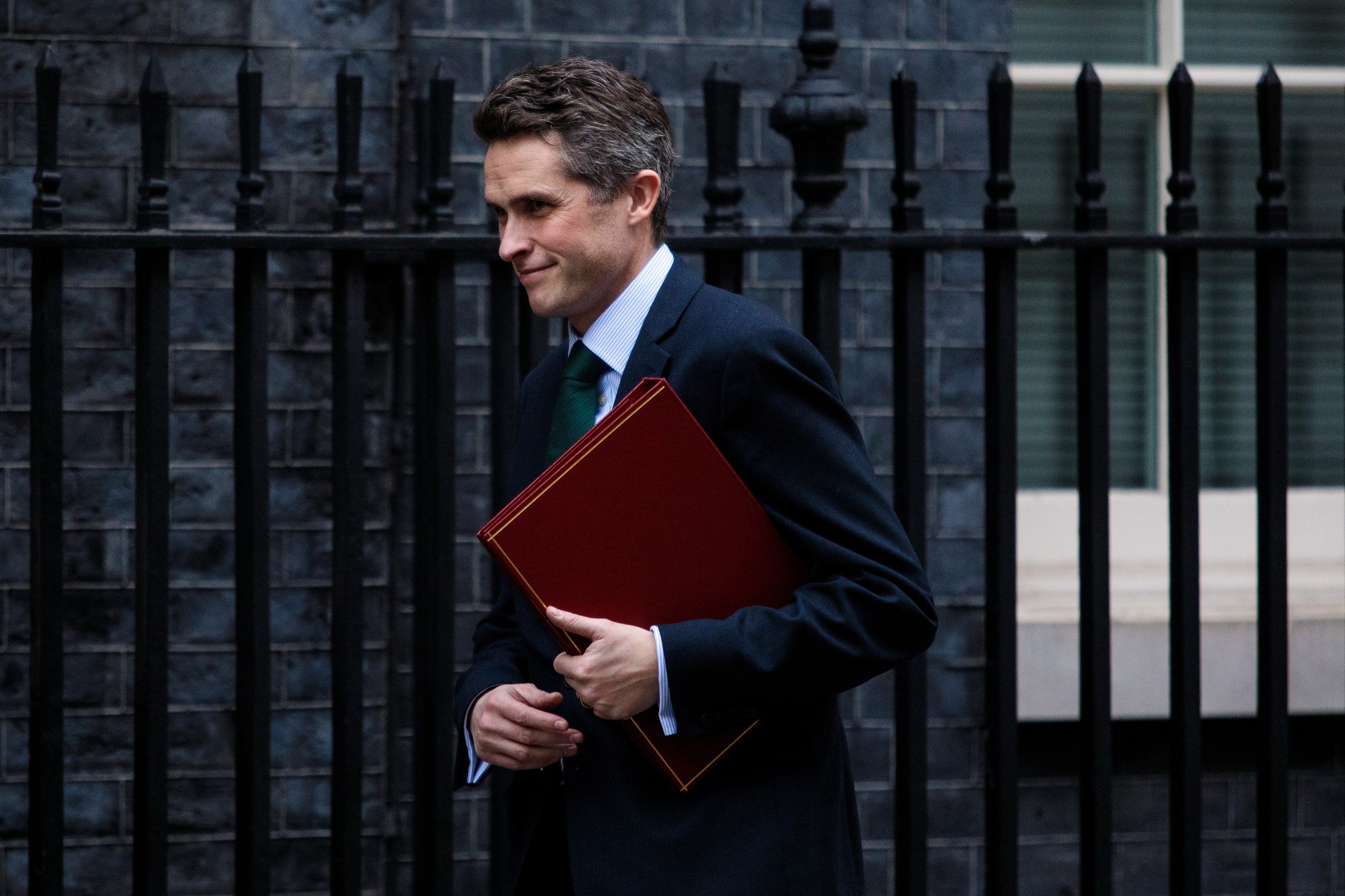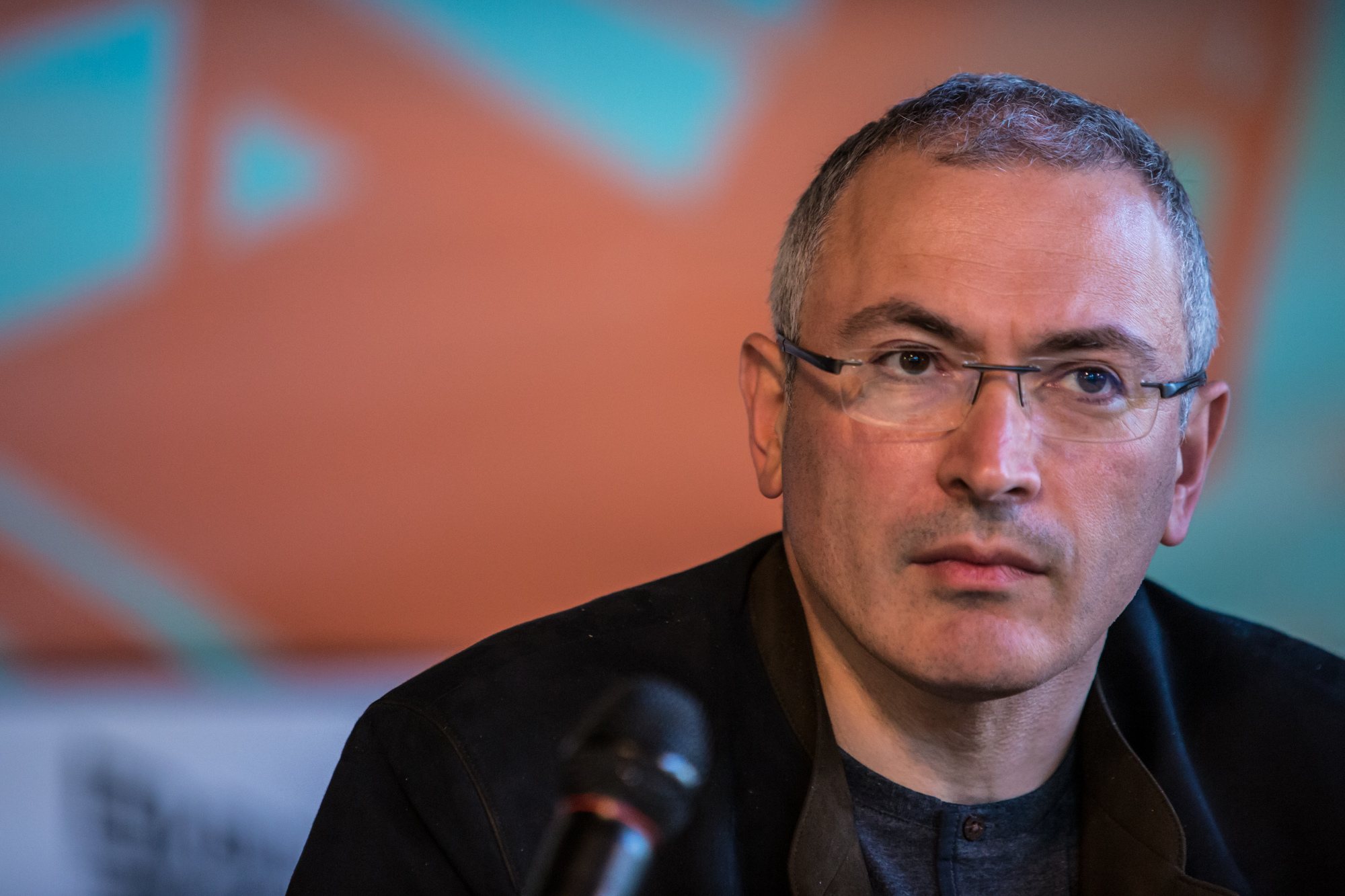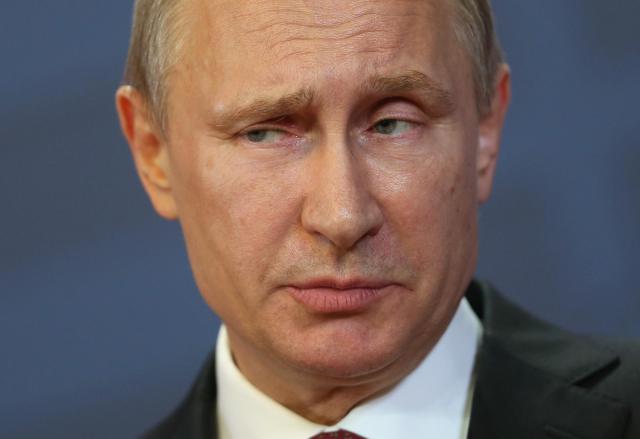
Over the past ten days, tales of the Russian threat have gone into overdrive, temporarily eclipsing analogous scaremongering about the Chinese. Only some of this hails from the usual hawkish commentators, in newspapers which unselfconsciously rake in hundreds of thousands from Russian ‘advertorials’.
The Chief of the General Staff, General Sir Nick Carter, started it off by highlighting the Russian threat in a speech at Rusi on 22 January. Echoing the US’s new National Defence Strategy policy document to the letter, Carter identified Russia as “the most complex and capable state-based threat to our country since the end of the Cold War”. The British land army, habituated to fighting counter-insurgency wars in dusty places, needs to be “recapitalised”, he said, to repulse a modern nation state, which by blurring the boundaries of war and peace, has substantially redefined warfare in an era of inter-state competition.
Gen Carter was more convincing on Russian capabilities than on Russian intentions, for which one requires a less technocratic mindset and a greater sense of how the Russians regard themselves and us. The newspapers, too, concentrated on the “threat” Carter outlined and all the technical stuff about hardware, rather than coolly assessing how Russia views the world, its resources, and how their strategy relates to the domestic regime Putin has constructed.
A few days after Carter’s speech, our newish Defence Secretary Gavin Williamson then upped the ante when he warned that the Russians could “cause thousands and thousands and thousands of deaths” if they cut the seven electricity and gas interconnectors linking the UK to the Continent.

The General’s speech could of course be viewed in the context of special pleading by the Army in the run up to tough choices about defence budgets – or even his bid to be the next chief of defence staff. And Williamson’s alarmist remarks coincided with his decision to go public about an office tryst in 2004 when he was a lowly manager at a Scarborough fireplace surround manufacturer. But Russia, is not a useful bogeyman for no reason.
And then, at the weekend, the Russians were back in the news again. Ben Wallace, the security minister, announced the introduction of Unexplained Wealth Orders (UWOs) which would force corrupt foreign oligarchs to reveal the source of the luxury lifestyles they enjoy in Britain. It is a rather embarrassing coincidence that they’ve been a problem since the 1990s, but only in the wake of a BBC1 drama, McMafia, about Russian bankers, organised crime, and money-laundering, has anything actually been done. So much for cool assessments.
So although there does seem to be a sort of unanimity across the UK security Establishment that the Russians are a threat, that message seems to be taking its time to work its way into popular consciousness. Indeed, across broad swathes of the populist Right – Ukip, Lega Nord, Front National – there is admiration for the decisive way in which President Putin asserts Russia’s national interests abroad.
At home, the Putin regime rules with a combination of authoritarianism, plebiscitary democracy, predatory capitalism, Orthodoxy, social conservatism, and elements culled from Russia’s past, all combined in a thoroughly post-modern way which makes it harder to combat ideologically. Its main appeal is to the elderly, the military and police, and the unsophisticated in deep provincial Russia.
But the regime’s swagger masks the reality of a society suffering from post-imperial phantom limb syndrome after the sudden amputation of 14 former Soviet republics in 1990-91 and its failure to diversify its economy away from chronic dependence on hydrocarbons. Arguably, though, its greatest problem lies in the absence of the rule of law, the means by which so many corruptly acquired gains have been effortlessly recycled into London.
Theoretically, it should be possible for Nato communications specialists, intelligence agencies and our media, to take advantage of this and make much more of the consequences of lawlessness for ordinary Russians who are defenceless in the face of power and money combined with state power. But big money talks, and British journalists are so tantalised by it they ignore those many instances where ordinary Muscovites are persecuted or protests quashed.
Instead, acres of sympathetic coverage are devoted to the plight of extremely rich men, such as the Anglo-American financier William Browder and the exiled oligarch Mikhail Khodorkovsky. Both of whom have run sophisticated campaigns, one publicising the 2009 murder of Browder’s Moscow lawyer, the latter concerning the 2003 pillage of Khodorkovsky’s oil company, Yukos. In both cases, the small matter of how their huge fortunes were made in the era of crash privatisation in the early 1990s is passed over in something approaching embarrassed silence.

So why isn’t more attention paid by journalists to the living hell that unscrupulous people can inflict on ordinary Russians who stand in their way.
One particularly nasty growth industry in Russia is in boutique advisory services which don’t specialise in helping businesses insulate themselves against cyber or terrorist attacks, but against something ominously called ‘nightmaring’.
This term, which was given dramatic form in the 2014 movie Leviathan, applies to the way in which unscrupulous characters co-opt the police, prosecutors and judiciary in order to loot private capital from random individuals. One real-life victim was Ruslan Telkov who owned a small business manufacturing synthetic furniture upholstery. In 2012, he was arrested and detained in an overcrowded remand prison after being charged with violating the ‘author’s rights of leopards and nature’ when he printed a faux leopard skin pattern on some material.
Russia is becoming increasingly lawless and unstable. Surely, if we had any half-decent communications strategy, we would be making more of this. Instead, our defence chiefs are concentrating on the equipment our forces need to deal with any Russian surprises. While this isn’t a bad thing of itself, it does have to be calibrated with an objective reading of Russia’s intentions – which General Carter so studiously ignored – during the long winding down of the Putin regime which will start once he has won re-election in March.
This will be as much about the wielding of news and information as the military hardware we do or don’t have. And the UWOs are an encouraging, though belated, first attempt to bring order to the unpredicatable oligarchs.
It remains to be seen, though, whether the Russians’ army of eager British helpers will find a way to frustrate the UWOs, leaving us five years hence, with McMafia a distant memory, thinking: perhaps we need a more sophisticated understanding of national security strategy than that which these defence ministers, generals and journalists have provided?










Join the discussion
Join like minded readers that support our journalism by becoming a paid subscriber
To join the discussion in the comments, become a paid subscriber.
Join like minded readers that support our journalism, read unlimited articles and enjoy other subscriber-only benefits.
Subscribe